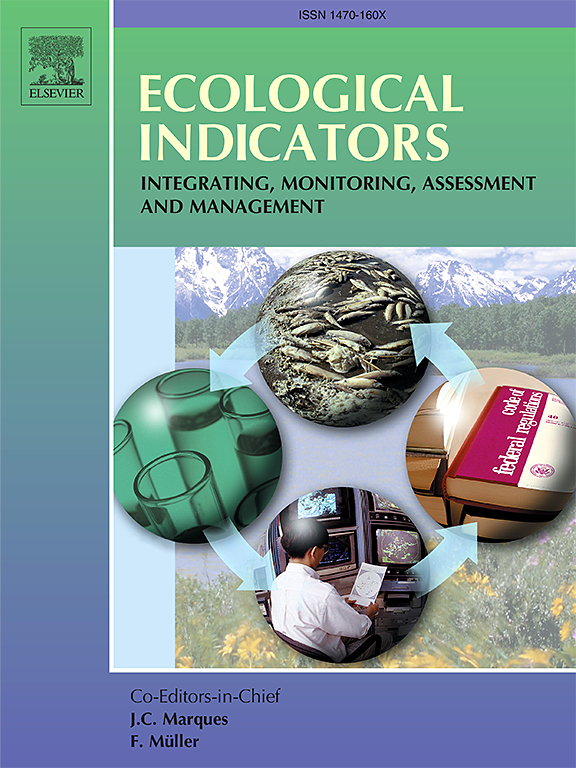Enhancing urban agriculture networks: A clustering and multicriteria decision-making approach to sustainability indicators and governance
IF 7
2区 环境科学与生态学
Q1 ENVIRONMENTAL SCIENCES
引用次数: 0
Abstract
Patterns of environmental, social, and economic sustainability interact across several aspects of an urban area. Accelerated population increase necessitates improved resource management techniques that address the equilibrium of supply and demand in the food, energy, and water sectors while also considering social and economic development. Advancing sustainable development objectives necessitates governing frameworks and operations within and within the food, energy, and water sectors, particularly in light of polycentric urban expansion. This research highlights food security via an urban agricultural network in the larger Miami metropolitan region, which includes Palm Beach, Broward, and Miami-Dade counties. Utilizing the current governance framework, we measured various sustainability indices for clustering analysis to aggregate urban agricultural sites (UASs) and to ascertain the prioritization of clusters based on their vulnerability or risk level as indicated by their priority index in multicriteria decision-making. Eight clusters were chosen for the display of UASs rated using multicriteria decision-making, focusing on scenarios prioritized for governance in light of climate change, social fairness, and economic development consequences. The significance of governance structure in promoting incentive programs to improve the sustainability performance of UASs within an urban food–energy–water nexus was emphasized.
求助全文
约1分钟内获得全文
求助全文
来源期刊

Ecological Indicators
环境科学-环境科学
CiteScore
11.80
自引率
8.70%
发文量
1163
审稿时长
78 days
期刊介绍:
The ultimate aim of Ecological Indicators is to integrate the monitoring and assessment of ecological and environmental indicators with management practices. The journal provides a forum for the discussion of the applied scientific development and review of traditional indicator approaches as well as for theoretical, modelling and quantitative applications such as index development. Research into the following areas will be published.
• All aspects of ecological and environmental indicators and indices.
• New indicators, and new approaches and methods for indicator development, testing and use.
• Development and modelling of indices, e.g. application of indicator suites across multiple scales and resources.
• Analysis and research of resource, system- and scale-specific indicators.
• Methods for integration of social and other valuation metrics for the production of scientifically rigorous and politically-relevant assessments using indicator-based monitoring and assessment programs.
• How research indicators can be transformed into direct application for management purposes.
• Broader assessment objectives and methods, e.g. biodiversity, biological integrity, and sustainability, through the use of indicators.
• Resource-specific indicators such as landscape, agroecosystems, forests, wetlands, etc.
 求助内容:
求助内容: 应助结果提醒方式:
应助结果提醒方式:


